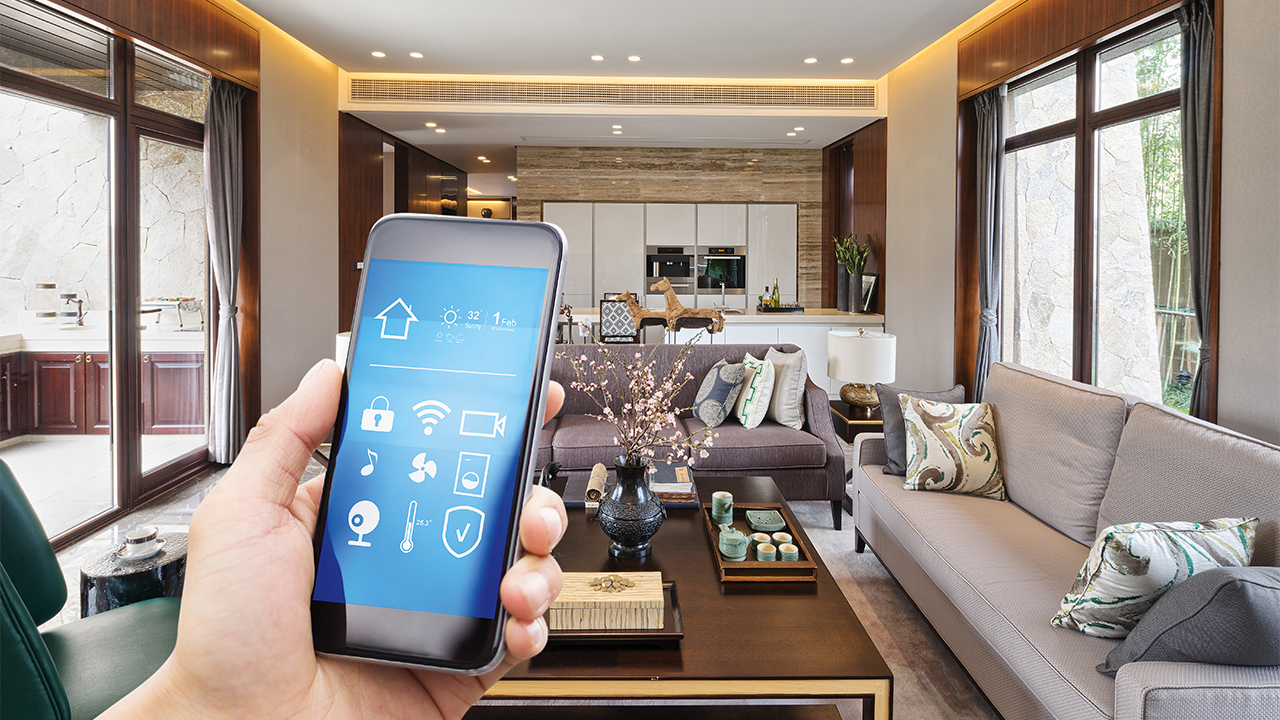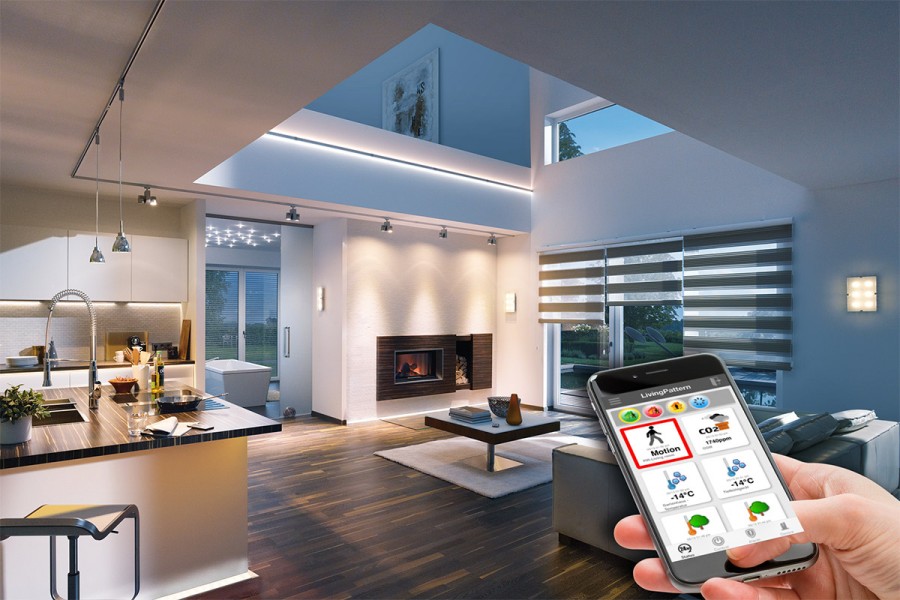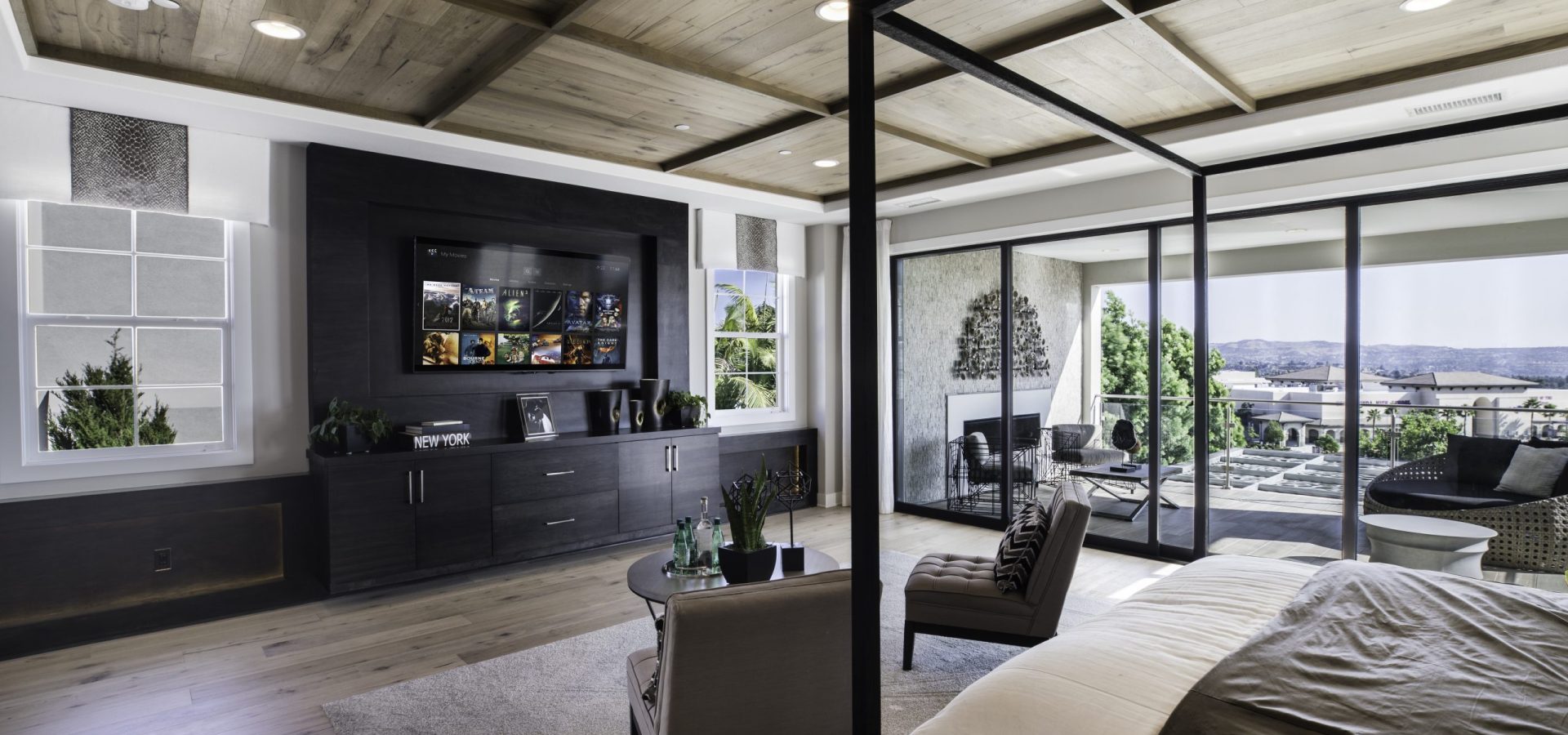Home automation systems make it possible to control your lights, thermostat, and other electrical devices from your smartphone or another computer. This can be convenient and save you money on utility bills, but you’ll want to choose a system that works with your specific needs and complements the aesthetics of your home. Here are some questions to ask yourself when choosing the right home automation system for your home.
What Is a Home Automation System?
Smart home automation is a system of automated devices designed to perform specific tasks, usually within a single residential structure. There are many varieties of home automation systems available today, and choosing one can be overwhelming at first. Ultimately, it depends on what you want your smart home setup to do for you.
If you’re going to use it mainly as a security device, then an all-in-one security camera might be sufficient—but if you want remote control over your thermostat, too, then you’ll need something that does both. Smart tech companies like Apple and Google have their own platforms with built-in support for apps like Siri and Google Assistant that make setting up complex control schemes easier than ever before.
What Are Its Benefits?
The biggest advantage of home automation is that it allows homeowners to optimize and control various aspects of their homes. As a result, homeowners can stay comfortable, save money on energy costs and reduce stress. For example, one smart device allows users to adjust temperature settings based on their location. So if you’re at work but think it’s hot or cold at home, you can change your thermostat remotely so that it’s perfect when you get there.

How Can I Save Money?
While looking into home automation options, you’ll likely be tempted by some of the technology’s higher-end options. While it’s certainly possible that those could be worth investing in, don’t automatically rule out simpler devices and software apps. For example, there are numerous smart thermostats available on today’s market that can help you manage your energy usage more efficiently—saving you money over time.
And if programming seems daunting at first, look into services like Amazon Alexa or Google Assistant; they can connect with a number of smart devices and allow you to control them via voice commands. So while adding a full-blown home automation system might not be a top priority right now, think about your long-term goals—may be making some simple updates now could save you headaches down the road.
What Do I Look For in an Internet-Connected Camera?
There are many options available when it comes to security cameras, each with its own set of pros and cons. Before you purchase a home automation system, determine how you will be using it (for security or pet-watching purposes), then consider what type of camera you want: indoor vs. outdoor, wired vs. wireless, etc. You might also consider whether or not your camera will work with other devices in your home (i.e., is there a minimum required internet speed?).
Tips on Choosing a Security Camera
You might want a security camera so you can monitor your home remotely or keep an eye on what’s happening while you’re away. There are many different types of cameras, and you’ll have to decide which features are right for your needs before making a purchase. Factors like resolution, night vision capabilities and recording time should be top of mind when deciding which security camera is best for your home. A high-resolution camera will give you better images than a low-resolution camera, but it might not necessarily be more functional overall.



